Description
Vitamin D3 Injection provides a potent and fast-acting solution for addressing vitamin D deficiency and supporting overall health and well-being. Vitamin D, often referred to as the “sunshine vitamin,” plays a crucial role in calcium absorption, bone health, immune function, and numerous other physiological processes. Despite its importance, many individuals experience suboptimal levels of vitamin D, particularly those with limited sun exposure or certain medical conditions that impair absorption.
Delivered directly into the bloodstream, Vitamin D3 Injection ensures rapid absorption and bioavailability, allowing for immediate support for bone health, immune function, and overall vitality. This targeted approach bypasses potential absorption limitations associated with oral supplementation, ensuring maximum efficacy and optimal results. Vitamin D3 injections are commonly prescribed to individuals with severe vitamin D deficiency or conditions that compromise absorption, such as malabsorption syndromes or certain medical treatments.
Experience the revitalizing benefits of Vitamin D3 Injection and unlock your body’s full potential for health and vitality. Whether you’re looking to address vitamin D deficiency, support bone health, boost your immune system, or enhance your overall well-being, Vitamin D3 Injection offers a convenient and efficient solution. Join the ranks of those who prioritize their health and wellness and take a proactive approach to achieving optimal vitality with Vitamin D3 Injection.

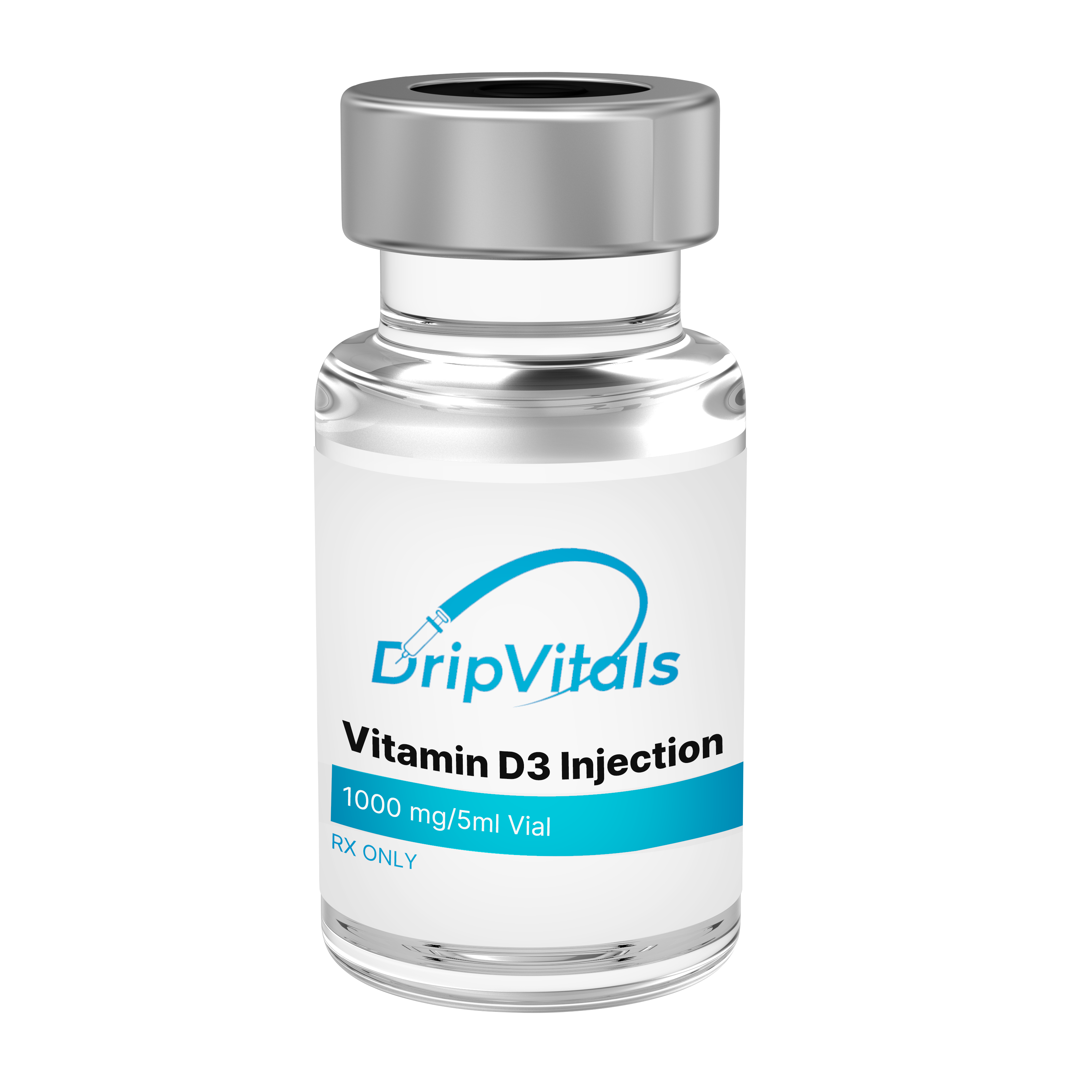



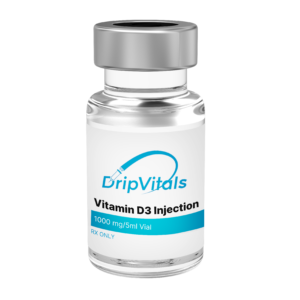
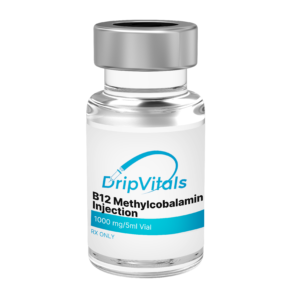
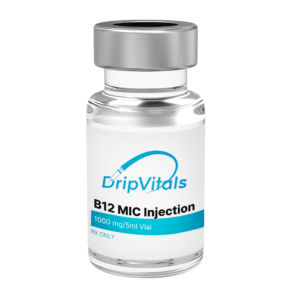

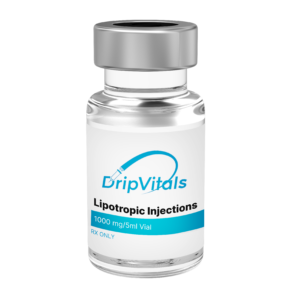
Reviews
There are no reviews yet.